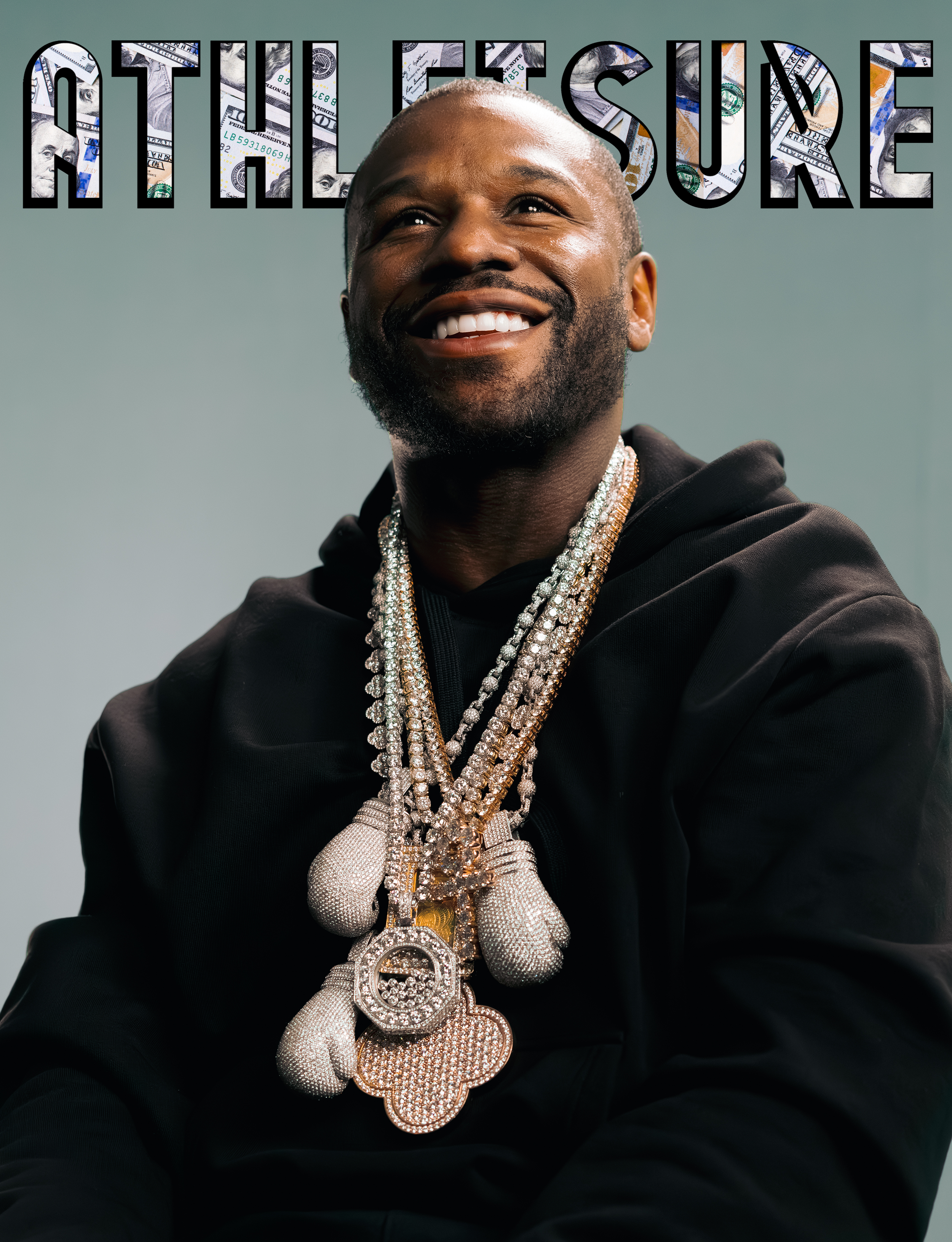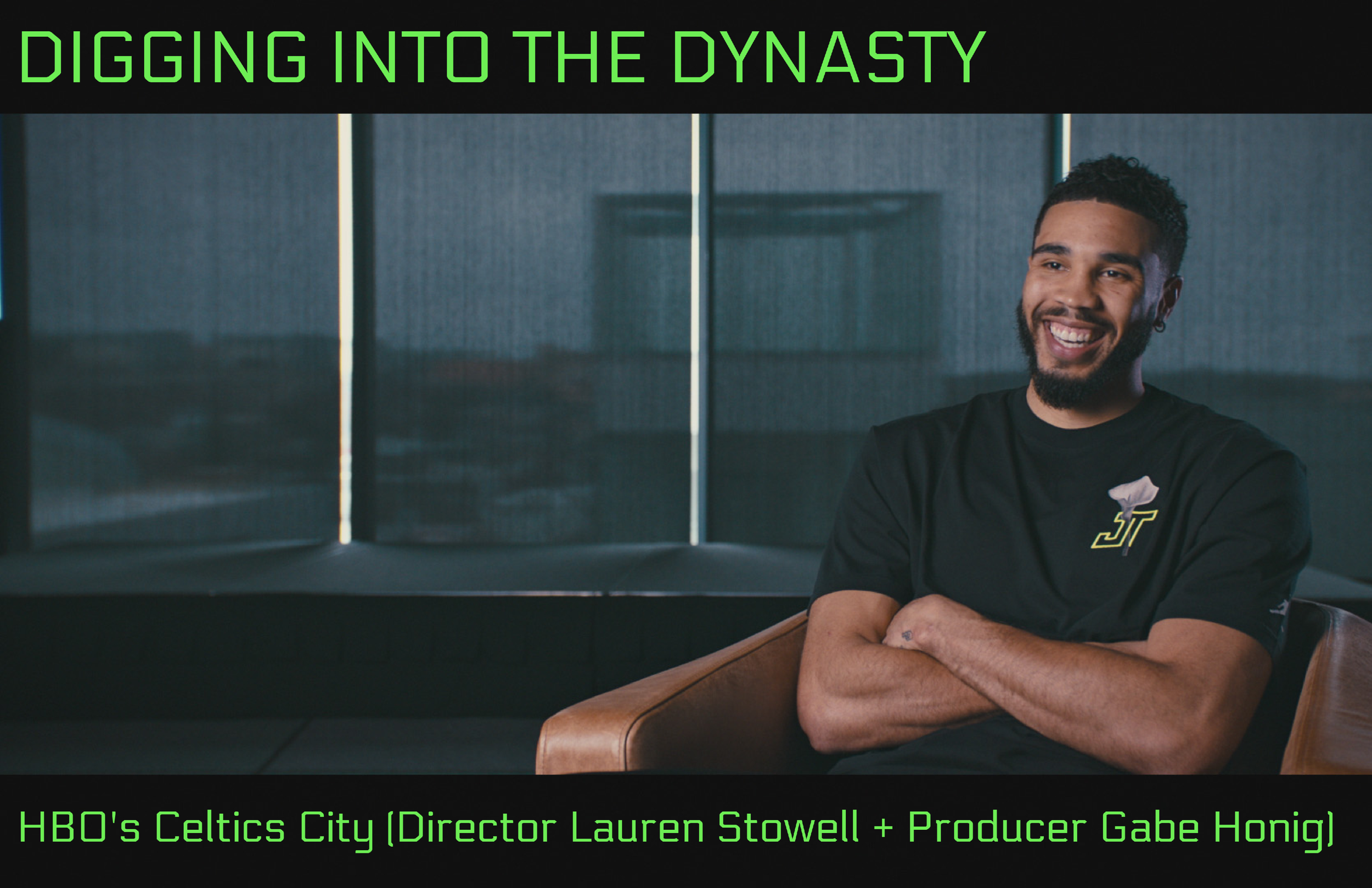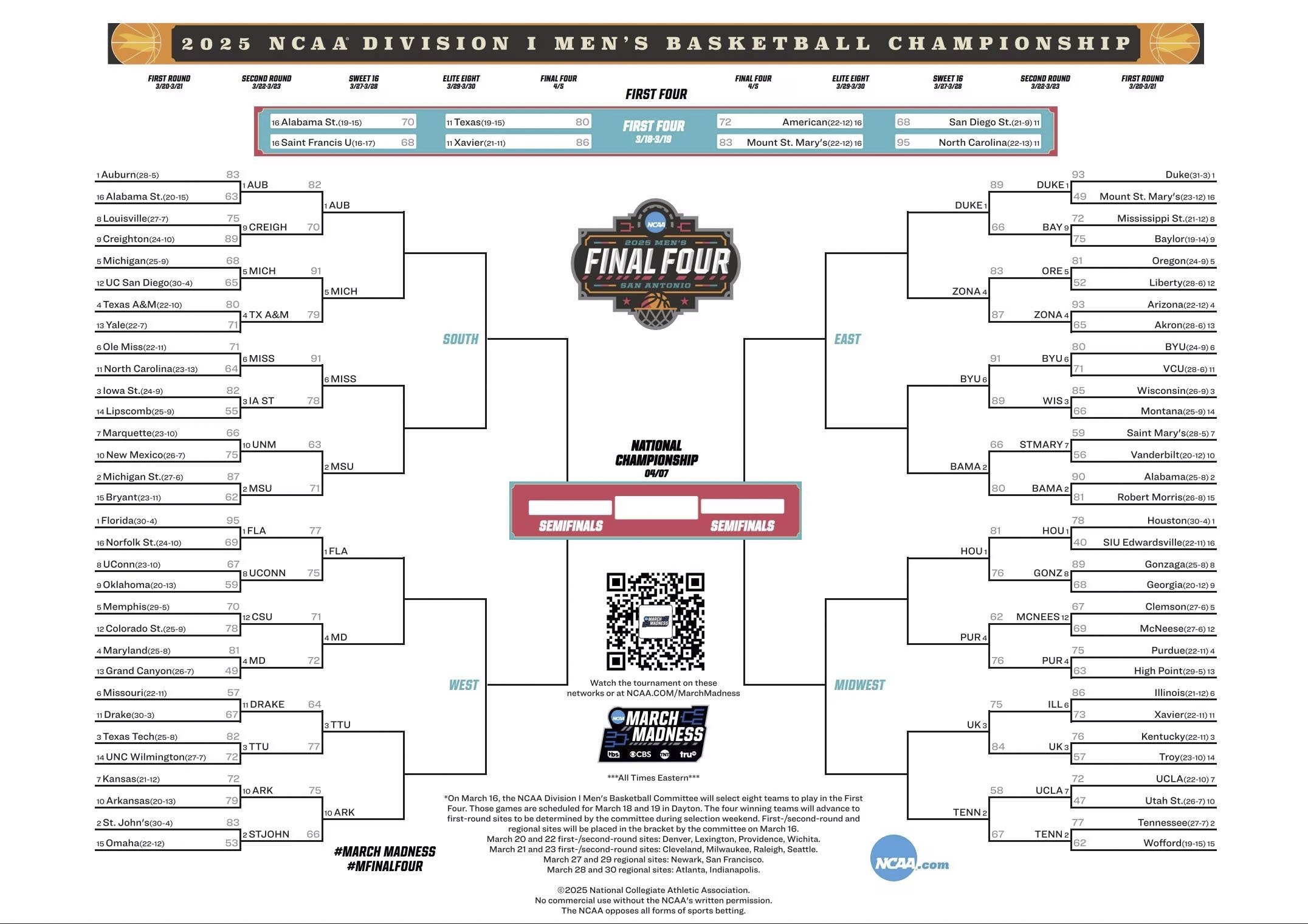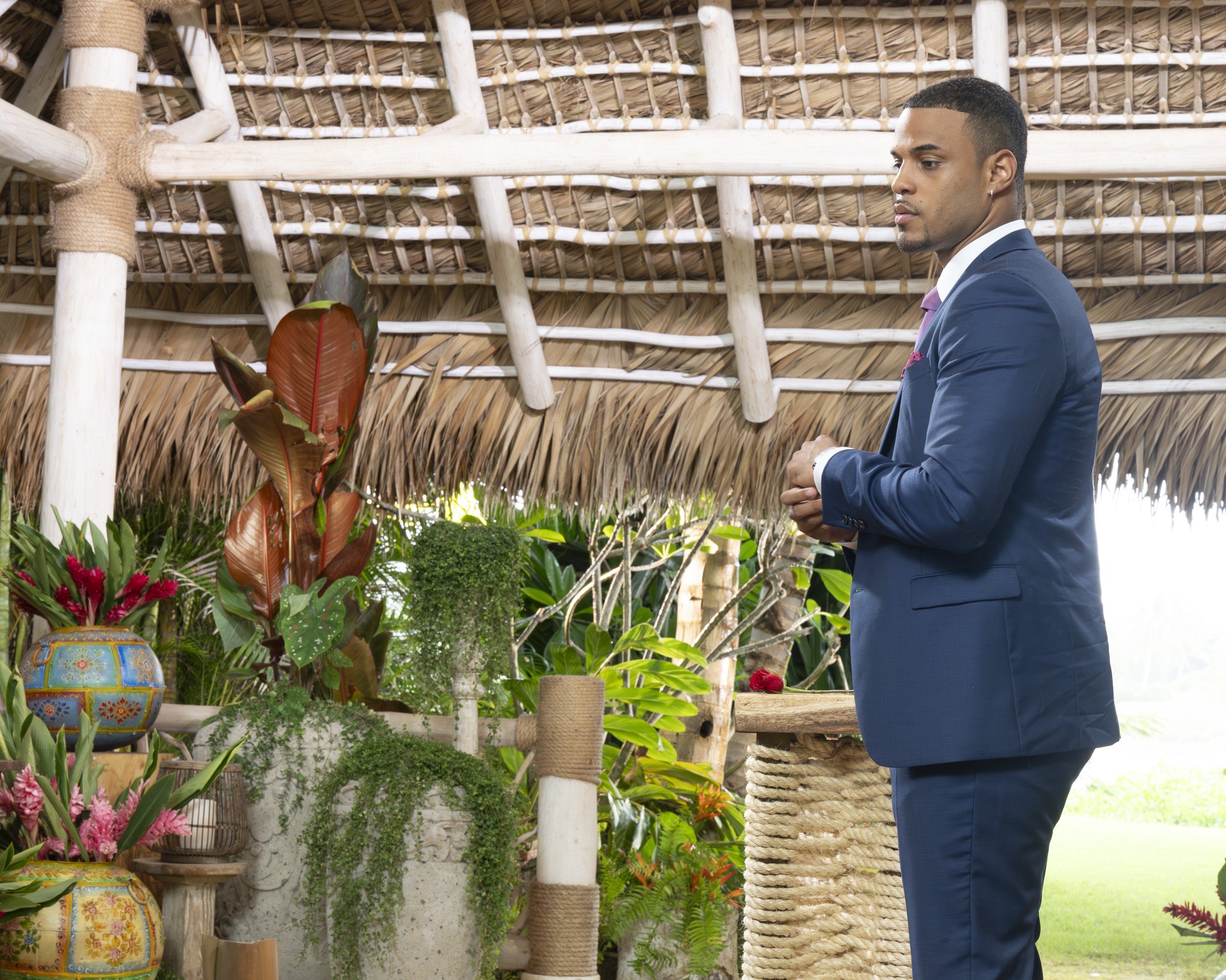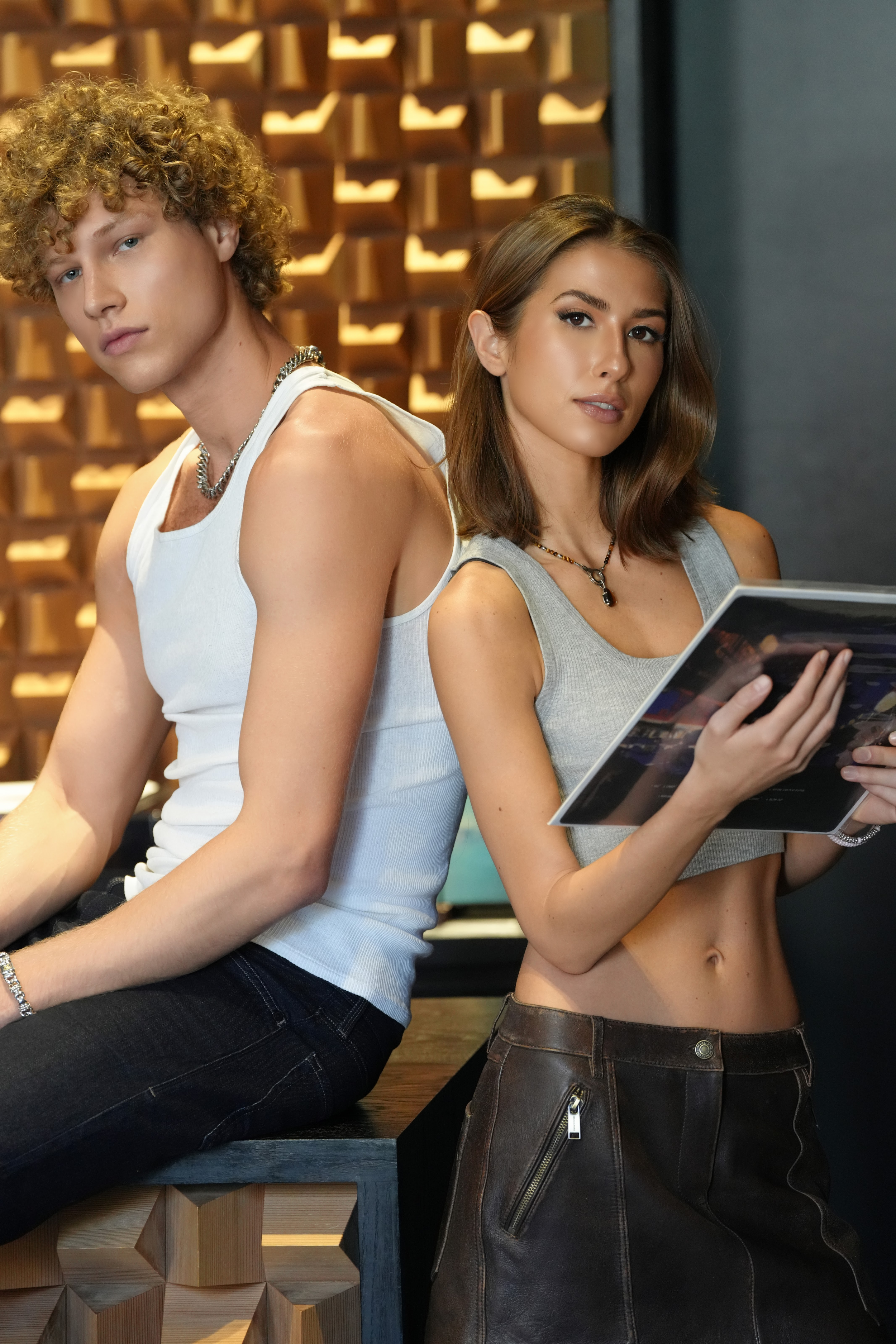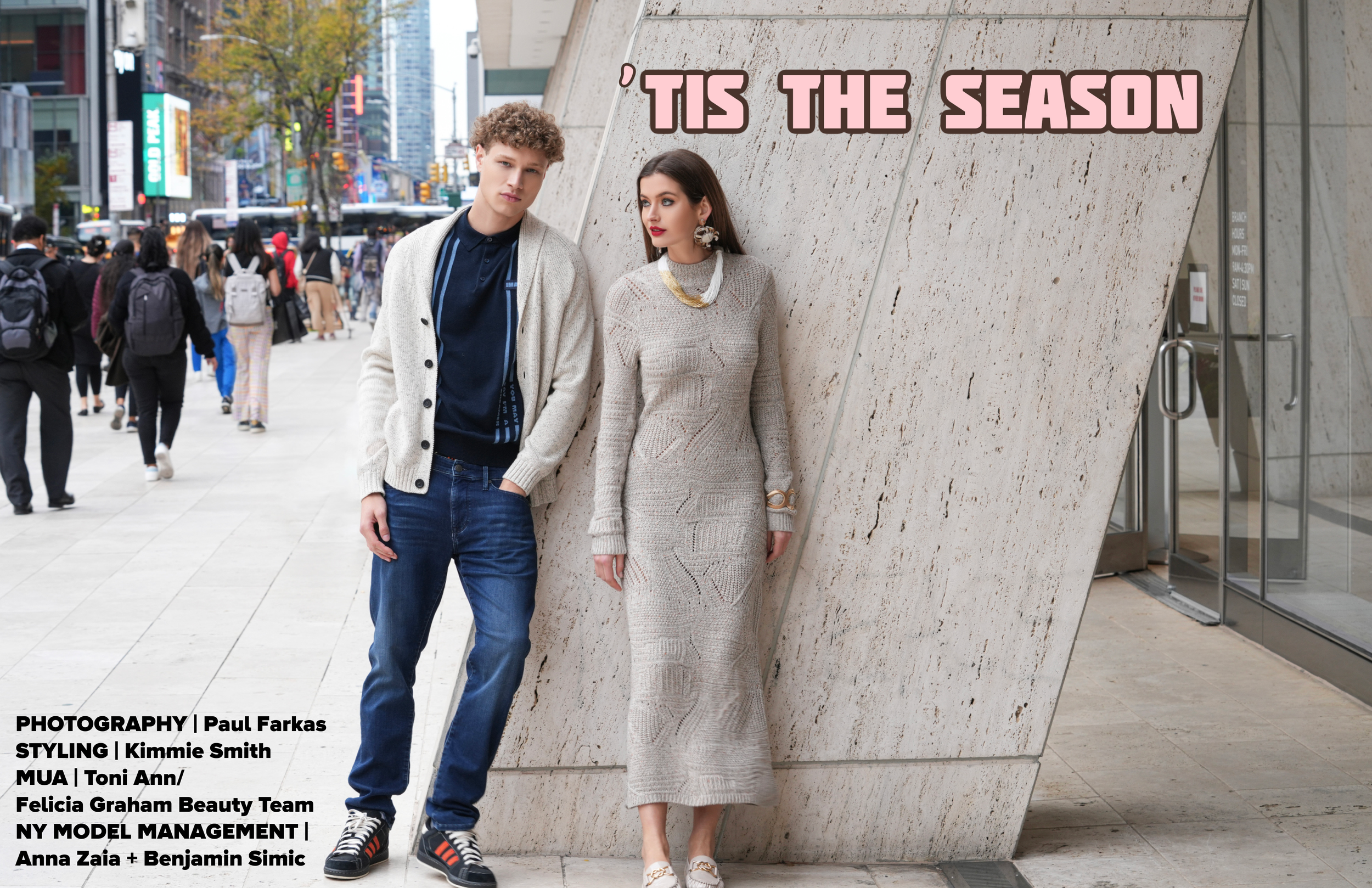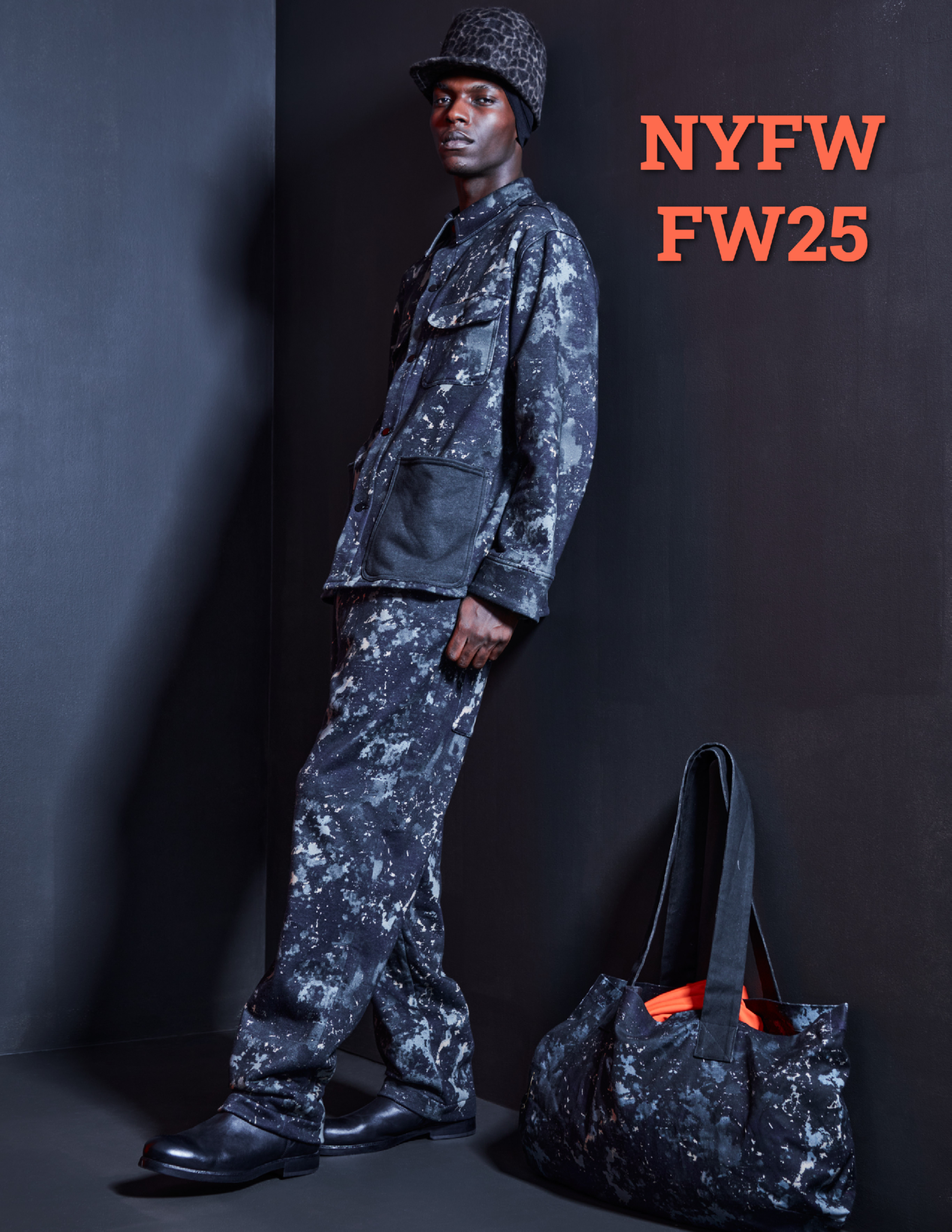This time of year is an exciting one as we begin to close one and look ahead to the next one. While we maintain our normal schedules, we also infuse it with the Holiday season - it’s great to share with friends and family, exchange gifts, increase celebratory moments, and so much more! We all know that they are key dates coming up that are focused on the exchange of gifts as well as obtaining them at various points. We took a moment to chat with Walton Goggins (Preadators, The Hateful Eight, Django Unchained) to find out about why he partnered with Walmart for the holiday season, what he loves about this time of year, and upcoming projects that he is involved in!
ATHLEISURE MAG: Obviously, we're going to talk about your amazing partnership with Walmart and what's going on with that. But we have a few questions to ask you because our readers are so excited that we're able to chat with you.
WALTON GOGGINS: Okay, okay, alright, fantastic!
AM: We've been a fan of yours since - you have too many things to name - Justified, Righteous Gemstones, George and Tammy, and the list can go on in film as well as in TV. We find you to be such an amazing actor who plays immersive and diverse characters. When did you realize that you wanted to be an actor?
WG: What a great question! I don't think that there was like a bolt of lightning that happened. I think it happened over the course of a very long period of time. I was raised mostly by women and a lot of interesting characters were around in my childhood and all of them just happened to be really interesting great storytellers.
AM: Right.
WG: So I'm listening to a lot of stories and then once I was given the microphone to start telling my own stories, you know, I had a natural kind of built in audience that just kept saying, “no, keep talking Walt."
So, you kind of have that encouragement, you know, right out of the gate. It's hard to kind of do anything else. I genuinely just wanted to see the world. That was the main thing. Then it just - one life kind of dovetailed into the other and the opportunity to see the world, and to be able to be a storyteller was just something that fit. You know, how do any of us really go about things? What are the decisions that any of us make that lead us on the road that we're going to be on for the rest of our lives? You know, is it fate or is it an accident?
AM: Mmm.
WG: What is it? That I don't know. But I'm so grateful for my life and grateful for the opportunities that I've had to tell the stories that I have!
AM: Absolutely!
WG: Including Walmart Black Friday Deals!
AM: Exactly! Without a doubt!
Why did you want to be connected to this amazing project and tell us more about it.
WG: Well, first and foremost, Walmart is a part of American culture. It’s not the whole culture, but it's certainly part of American culture. It is a corporation that has been in all of our lives for such a very long time! And where I come from on Fairburn Road, a lot of my friends as we got older, we started to work there and I had the good fortune - I'll tell you a little bit about my history with this company.
AM: Please.
WG: I was a poor kid from the South and I made really good grades and I had the opportunity to go to school. But we didn't have a lot of money and we had to pay the rent. I got a small Scholastic Scholarship, you know. But in addition to that, there was a gap of funding that we just couldn't make that square around that square if you will and my mom, you know through our friends or whatever, heard that Walmart, had a grant.
AM: Oh wow.
WG: It was a sizeable amount of money and when I went you know in 1988 or 1989. I’m dating myself, don’t tell anybody!
AM: Ha! That's okay!
WG: My mom encouraged me to write this essay, you know, to the Walmart. That's how it works and that’s what I did - and I won!
AM: Wow.
WG: The money that I, I desperately needed, you know, my first year in college and in addition to that incredible opportunity, this company gave me - they also printed an 8x10 picture of me. I don't know what it was. I think it was a headshot. It was my first headshot, I think that's what it was. They put it up in their store, you know, for the better part of 6 months. People would call me because you know we didn’t have cell phones then, but they would leave these stupid messages on my answering machine, “saw your picture in Walmart, Walton. Are you part of the Walton family?"
So anyway, that's kind of my history with this company. This opportunity kind of came along and they sent this script and I thought, “wow, what a what an interesting way to sell things, right?” You know, it's a hybrid between entertainment and doing what we're gonna do anyway, which is to find things for our loved ones at the holidays. Black Friday deals have been around for a long time. They played an important role in my family's ability to buy things for Christmas and it does for a lot of people in this country and all over the world and I thought, what a cool thing to be a part of. I'm so happy that I did it. There's all these wonderful actors that I work with like Ian Somerhalder. There are others like Lisa Rinna, Taye Diggs who I've known for a while, Anthony Ramos and it’s great folks and it's 10 stories. These stories are vignettes if you will. There’s a supernatural genre, action genre, mine is a Western genre!
AM: Shocker!
WG: But you know what? I've done action!
AM: Of course!
WG: I have done a lot of genres in my time, but this is one that they saw me in and invited me to kind of come along this journey. We had such a great time filming it. You know, it was just so much fun and they’re such a great company to work for and work with. So, when I think people will watch them and they'll see the things that they want to buy and some things featured in a way that makes them laugh. It brings a smile to their face and so it’s a great way to go about it!
AM: Well, do you know when your episode will drop, do they all drop at one time? Like what's kind of the flow?
WG: Well you know, there are ten. I’m not exactly sure when they all drop. I know mine will drop towards the end of November which is, which is kind of very, very exciting because it's getting close to Dec. I think more will be revealed as it goes on. The first one drops on Nov. 11th-17th. I think that’s the first block and they're kind of rolled out from there.
AM: Wow it’ll be great to see them!
What do you love about the holiday season?
WG: I just love the opportunity to commune with family and friends. You know, we all have our rituals right? We all have the things that we do but the thing that I do that I've been given the opportunity to do is I don't really watch a lot of sports. I’m not that guy even though I played a bunch of sports growing up.
I make a fire and I sit around that fire with my family and with my friends and I have a glass of wine and I listen to music. And I just commune. What better thing is there than that and to tell people that mean something to you how much you love them?
AM: That's really nice and very sweet!
You're always working on so many projects. I can't wait till White Lotus comes out and I know that you have a bunch of other stuff as well. Is there anything that you would like to share with us, that you're working on that we can keep an eye out for?
WG: Well, you know, I think you said it, you know, I got a bunch of things that are coming out. I have a few movies that are coming out. My wife has a movie that she wrote and directed called The Uninvited, which is dropping pretty soon.
Then there is The White Lotus and we just finished the new season of The Righteous Gemstones!
AM: So excited for both of those shows! I'm really excited for The Righteous Gemstones.
WG: So good. It's so good.
AM: Everytime I watch that show, I grew up in the Midwest with an Evangelical and Pentecostal background and there's just so many things that happen on that show and my boyfriend will ask, “Is that real?” and I'm like, “yes!”
WG: Oh yeah! That’s real and that one is real too!
We're going back to Fallout here pretty soon. And then, kind of beyond that, reading and waiting and seeing what the future brings everybody else! But right now, Walmart!
We enjoyed sitting down with Walton to talk about his career and the Christmas campaign that he is involved in. You can check out his videos for this campaign Something's Cooking and Can't Handle the Heat as well as an array of celebs that participated in Deals of Desire.
IG @waltongogginsbonafide
PHOTOGRAPHY CREDITS | Walmart/Tina Rowden


